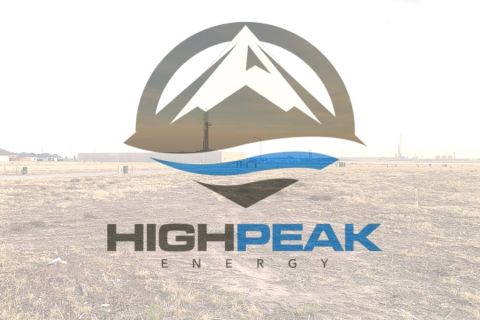This is at least the fourth significant downward price cycle that I've experienced since 1980. And while some people claim that the more things change the more they stay the same, this version of the Blue Flame Blues feels different.
It was just six months ago when industry veterans vocalized concerns about the loss of intellectual and institutional knowledge when the “retirement bomb” goes off in the next five years. Throughout all levels of the industry, care was being taken to maintain the bench of available junior executives.
Now we read a Wall Street Journal estimate that 100,000 U.S. oil and gas industry jobs have been lost in the last six months. Add my name to that list as this is my final Closing Bell for Midstream Business.
Another door opens
However, I am one of the fortunate few. Doors have opened for the company I founded 22 years ago, Mercator Energy LLC. The commodity price collapse has prompted a number of mid- to small-size, independent oil and gas companies to lower their overhead costs by outsourcing their oil-and-gas marketing, scheduling and balancing efforts to Mercator.
I wrote my first piece for a Hart En- ergy publication 26 years ago. Editor Paulette Whitcomb asked me to draw on my nine years of experience in the upstream and downstream sectors of the industry. It was certainly the morning of my career, and as poet Robert Frost put it when referring to age and wisdom, “the afternoon knows what the morning never suspected.” A lot has changed since then—and I’ve learned a lot.
There are a number of causes to all this but here’s what’s contributing to my Blue Flame Blues: The Obama administration’s policy in the Middle East must make Saudi Arabia’s leaders feel like they have lost a good friend. The Saudis clearly think that the most effective weapon against Iran is their production quota, which lowers the world’s price of oil in an effort to devastate Iran’s economy. There is collateral damage with an unintended (or intended?) weakening of U.S. energy security.
Next three years
During this afternoon of my career, I suspect that we are in for a tough, three-year stretch. I’m particularly concerned about this upcoming fall of 2015 when a collision of specific events will occur.
Those U.S. oil and gas producers who were wise enough before last year’s fourth-quarter meltdown to hedge their price exposure will see the expiration of the majority, if not all, of their higher-price, pre-meltdown financial hedge coverage. At approximately that same time, energy-lending banks will “re-determine” their loan valuation portfolios.
According to some industry commodity price/stock prognosticators, flush summer production could force a substantial downward market correction. Despite a precipitous drop in the U.S. rig count, U.S. oil production is expected to grow by 700,000 barrels per day in 2015.
That production growth, combined with stagnant worldwide demand numbers, could result in a 20% decline in the price of West Texas Intermediate by year end.
Any combination of these scenarios could cause energy stock values and employment numbers to suffer another tumble next fall. I hope I’m wrong. I really hope I’m wrong.
I hope my columns in the last three years have surprised you, or at the very least, created an awareness of some facts, figures or forecasts new to you.
God bless you and be well.
John Harpole is founder and president of Mercator Energy LLC and can be reached at Harp@Mercatorenergy.com or 303-825-1100.
Recommended Reading
BP’s Kate Thomson Promoted to CFO, Joins Board
2024-02-05 - Before becoming BP’s interim CFO in September 2023, Kate Thomson served as senior vice president of finance for production and operations.
Magnolia Oil & Gas Hikes Quarterly Cash Dividend by 13%
2024-02-05 - Magnolia’s dividend will rise 13% to $0.13 per share, the company said.
TPG Adds Lebovitz as Head of Infrastructure for Climate Investing Platform
2024-02-07 - TPG Rise Climate was launched in 2021 to make investments across asset classes in climate solutions globally.
Air Products Sees $15B Hydrogen, Energy Transition Project Backlog
2024-02-07 - Pennsylvania-headquartered Air Products has eight hydrogen projects underway and is targeting an IRR of more than 10%.
HighPeak Energy Authorizes First Share Buyback Since Founding
2024-02-06 - Along with a $75 million share repurchase program, Midland Basin operator HighPeak Energy’s board also increased its quarterly dividend.





